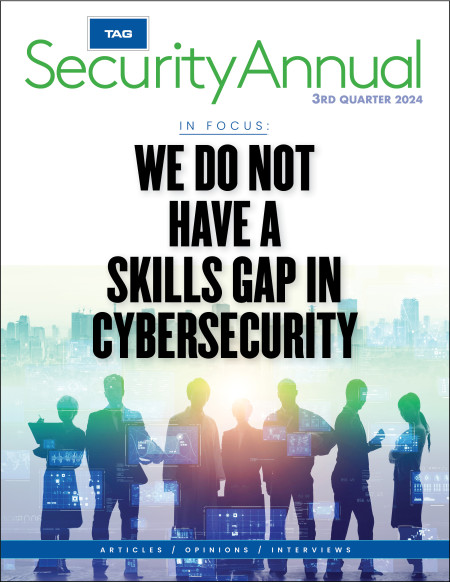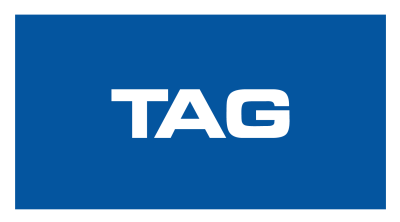Is There Really a Cyber Skills Gap or is the Problem With U.S. Immigration?

NEW YORK, July 24, 2024 (Newswire.com) - While the public wonders what we can do about the cyberattacks we see every day, professionals often point to the cyber skills gap. There are millions of job openings in cybersecurity, they point out, and not nearly enough qualified candidates to fill them.
But Dr. Edward Amoroso, who runs a research and advisory firm that specializes in cybersecurity, argued in an online publication his company just released that the problem the country ought to focus on is the U.S. immigration system.
“How can we possibly claim a gap,” he asked, “when graduate students with computer science degrees from U.S. schools are being sent from Brooklyn and San Jose either back to India or to some other country that is happy to welcome them?” The fact that they’re forced to leave does not reflect a deficiency in their qualifications. The reason, Amoroso explained, is that they don’t get a visa in the H-1B lottery — a totally random selection process.
The latest issue of the Security Annual, published by TAG Infosphere, devotes four articles to this subject. In addition to the one by Amoroso, two discuss a case that literally brought the issue home to his company. One of its own employees who sought an H-1B visa had an unlucky streak and finally decided to move to Portugal, which granted him a digital nomad visa.
Both articles tell the saga of Sourajyoti Bose, 32, who was born in India. He moved to New York City with an F-1 student visa to earn a master’s degree in computer science at NYU. While there, he met a classmate who happened to be Ed Amoroso’s son Matt, who was already working at his father’s company.
One story follows Bose from India to New York and describes the challenges he encountered, which were complicated exponentially by his visa problem. The other article was written by Matt Amoroso, who became Bose’s friend and boss. His take discusses the difficulty of hiring qualified foreign nationals with the uncertainty of their immigration status hanging over the transaction.
A third article written by a business immigration lawyer explains the legal and political background behind business visas. And it also explores the recent political debates on immigration that have entered the presidential campaign. All three articles, along with Ed Amoroso’s piece, raise a question found at the end of the one about Bose:
“Who wins when U.S. immigration makes it exceedingly difficult for trained workers to take skilled jobs that companies — and the country — desperately need to fill? That’s what Sourajyoti would like to know.”
Available Now for Free Download
Source: TAG Infosphere, Inc.
